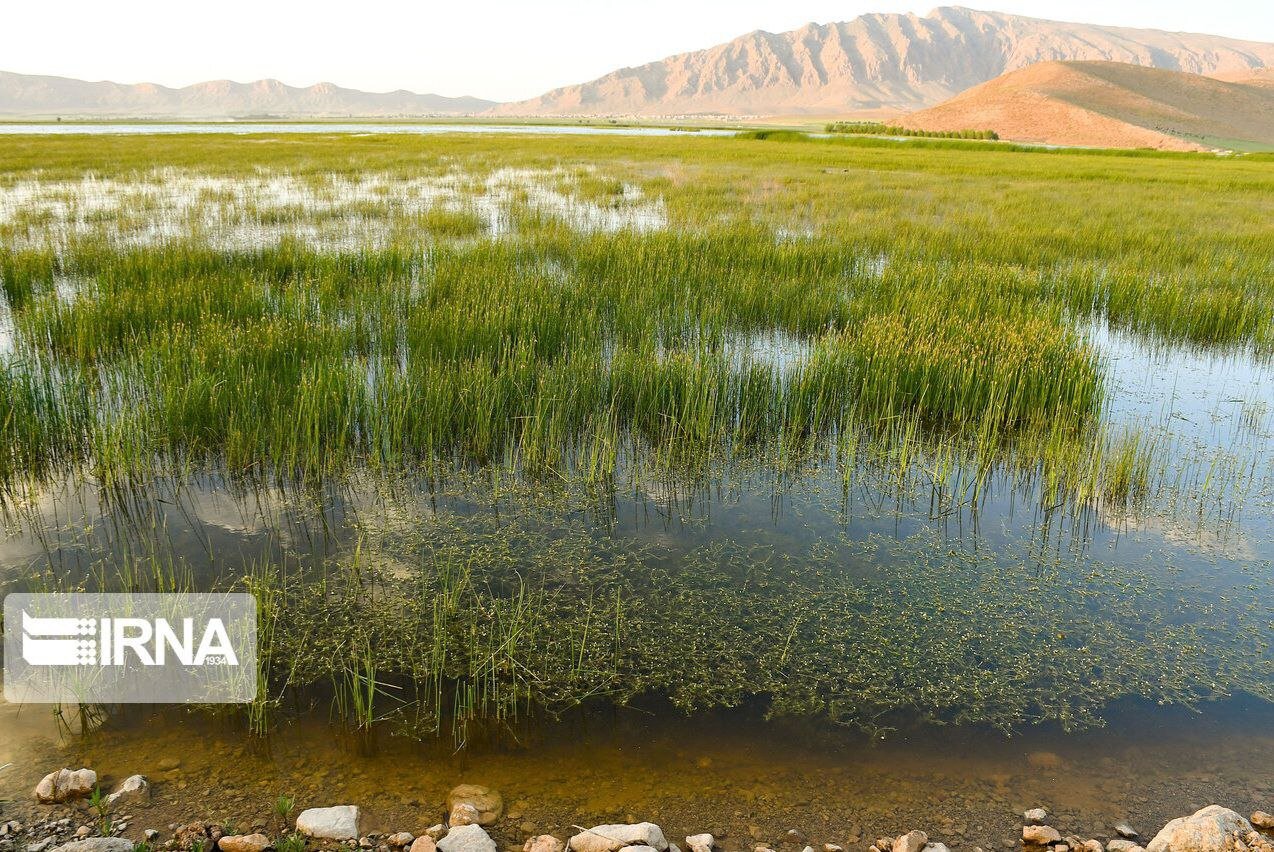Babol, Kiashahr, Gandoman, accredited as world wetland cities

TEHRAN –Three more Iranian cities namely Babol in northern Mazandaran province, Kiashahr in northern Gilan province, and Gandoman in southwestern Chaharmahal-Bakhtiari province, have been awarded Ramsar wetland city accreditation.
The city of “Bandar Khamir” near the Khorkhoran International Wetland in Hormozgan province was recognized and introduced as the first wetland city in Iran by the Ramsar Convention in 2022, IRNA quoted Arezou Ashrafizadeh, an official with the department of environment (DOE), as saying.
In the same year, the city of Varzaneh, in the east of Isfahan province, and Bandar Khamir, near the Gavkhuni International Wetland in Isfahan province, was recognized as wetland accredited city, as well, Ashrafizadeh noted.
A city’s commitment to wetland conservation, awareness, active engagement in sustainable practices, and integration of wetland conservation into planning makes it a strong candidate for this recognition.
A candidate city for the Wetland City Accreditation will be assessed and recommended as an Accredited Wetland City by an Independent Advisory Committee after being proposed by the Contracting Party (through its Ramsar National Focal Point or Head of Administrative Authority) on whose territory it stands.
List of 31 newly accredited Wetland Cities, announced at the 64th meeting of the Standing Committee.
These cities will receive their certificate in the 15th Meeting of the Conference of the Contracting Parties (COP15) which will take place from July 23 to 31 in Victoria Falls, Zimbabwe.
There are also 25 sites in the country designated as Wetlands of International Importance (Ramsar Sites), covering a surface area of 1,488,624 hectares.
Wetland City Accreditation scheme
The 172 Contracting Parties to the Ramsar Convention on Wetlands have agreed to the conservation and wise use of wetlands in their territories.
Recognizing the importance of cities and urban wetlands, the Convention has introduced a Wetland City accreditation scheme (Resolution XII.10).
This voluntary scheme provides an opportunity for cities that value their natural or human-made wetlands to gain international recognition and positive publicity for their efforts.
The Wetland City Accreditation scheme will encourage cities in close proximity to and dependent on wetlands, especially Wetlands of International Importance, to highlight and strengthen a positive relationship with these valuable ecosystems, for example through increased public awareness of wetlands and participation in municipal planning and decision-making.
The Accreditation scheme should further promote the conservation and wise use of urban and peri-urban wetlands, as well as sustainable socio-economic benefits for local people.
Urban wetlands are prize land not wasteland and therefore should be integrated into the development and management plans of cities.
When preserved and sustainably used, urban wetlands can provide cities with multiple economic, social and cultural benefits. During storms, urban wetlands absorb excess rainfall, which reduces flooding in cities and prevents disasters and their subsequent costs. The abundant vegetation found in urban wetlands, acts as a filter for domestic and industrial waste and contribute to improving water quality.
MT/MG
Leave a Comment